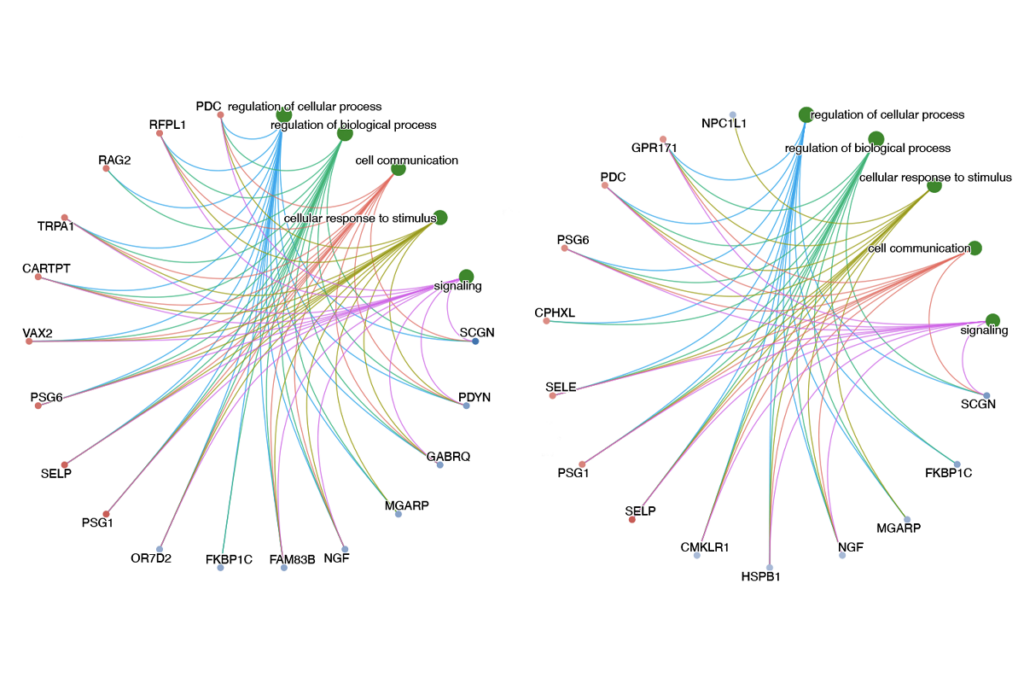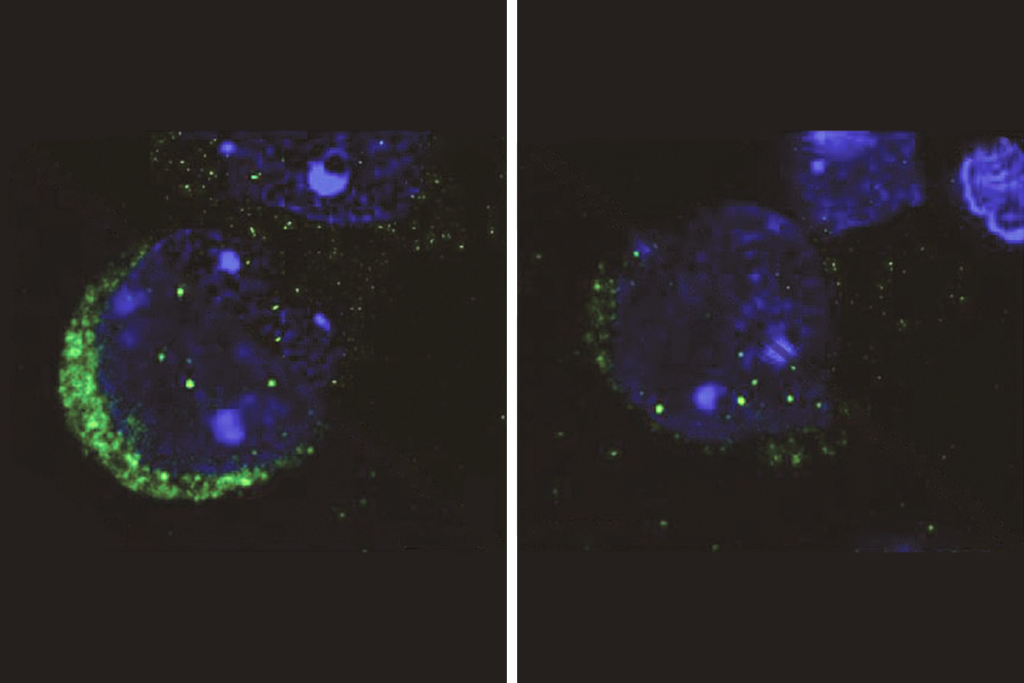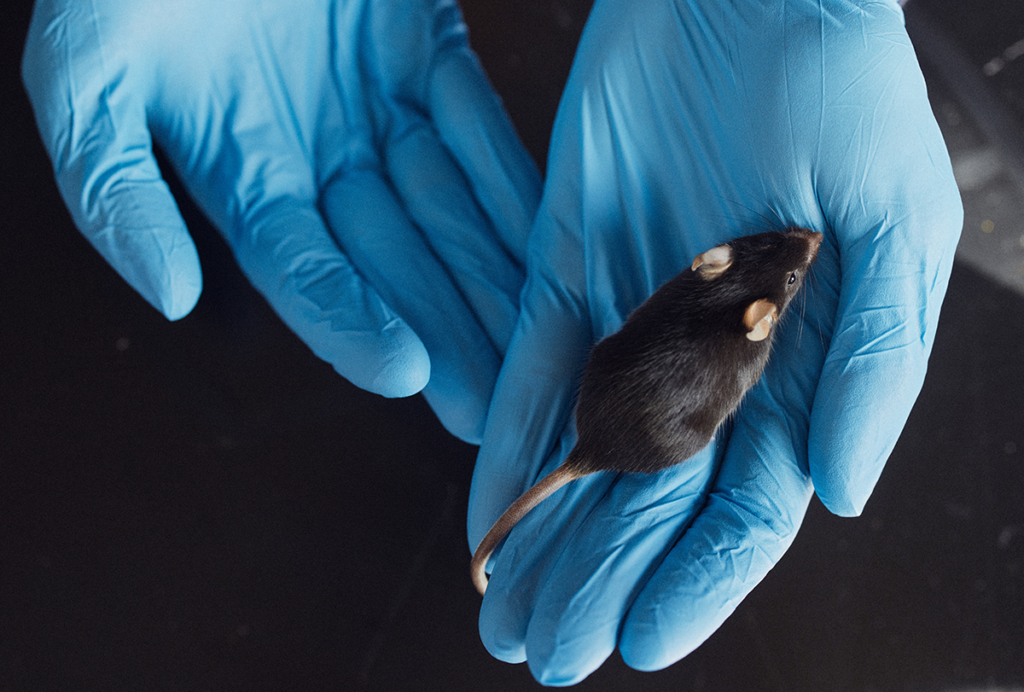Cognition and behavior: Money motivates in autism, attention deficit
Children with autism or attention deficit hyperactivity disorder (ADHD) are both more motivated by money than by praise, according to a study published in January in the Journal of Child Psychology and Psychiatry.
Children with autism or attention deficit hyperactivity disorder (ADHD) are both more motivated by money than by praise, according to a study published in January in the Journal of Child Psychology and Psychiatry.
Studies have shown that, compared with controls, the reward center of the brain is not as active in children with autism when they are shown happy faces or promised money.
Children with ADHD have been shown to be less motivated by money than controls are, but the studies did not look at the effect of social rewards or whether a bigger cash reward motivates them more.
The new study shows that children and adolescents with autism or ADHD improve their speed and accuracy on a computerized test when given either money or praise as a reward. But the 35 children with ADHD and 31 children with autism respond better to the promise of money than to encouragement — an image of a figure saying something complimentary, such as “Good job!”
They also perform better when the reward is greater: for example, 15 cents rather than 5, or comments such as “You’re a star” as opposed to “Well done.”
In contrast, the 40 typically developing controls improve to the same degree whether given praise or money.
Recommended reading

New tool may help untangle downstream effects of autism-linked genes

NIH neurodevelopmental assessment system now available as iPad app

Molecular changes after MECP2 loss may drive Rett syndrome traits
Explore more from The Transmitter

Organoids and assembloids offer a new window into human brain

Who funds your basic neuroscience research? Help The Transmitter compile a list of funding sources
